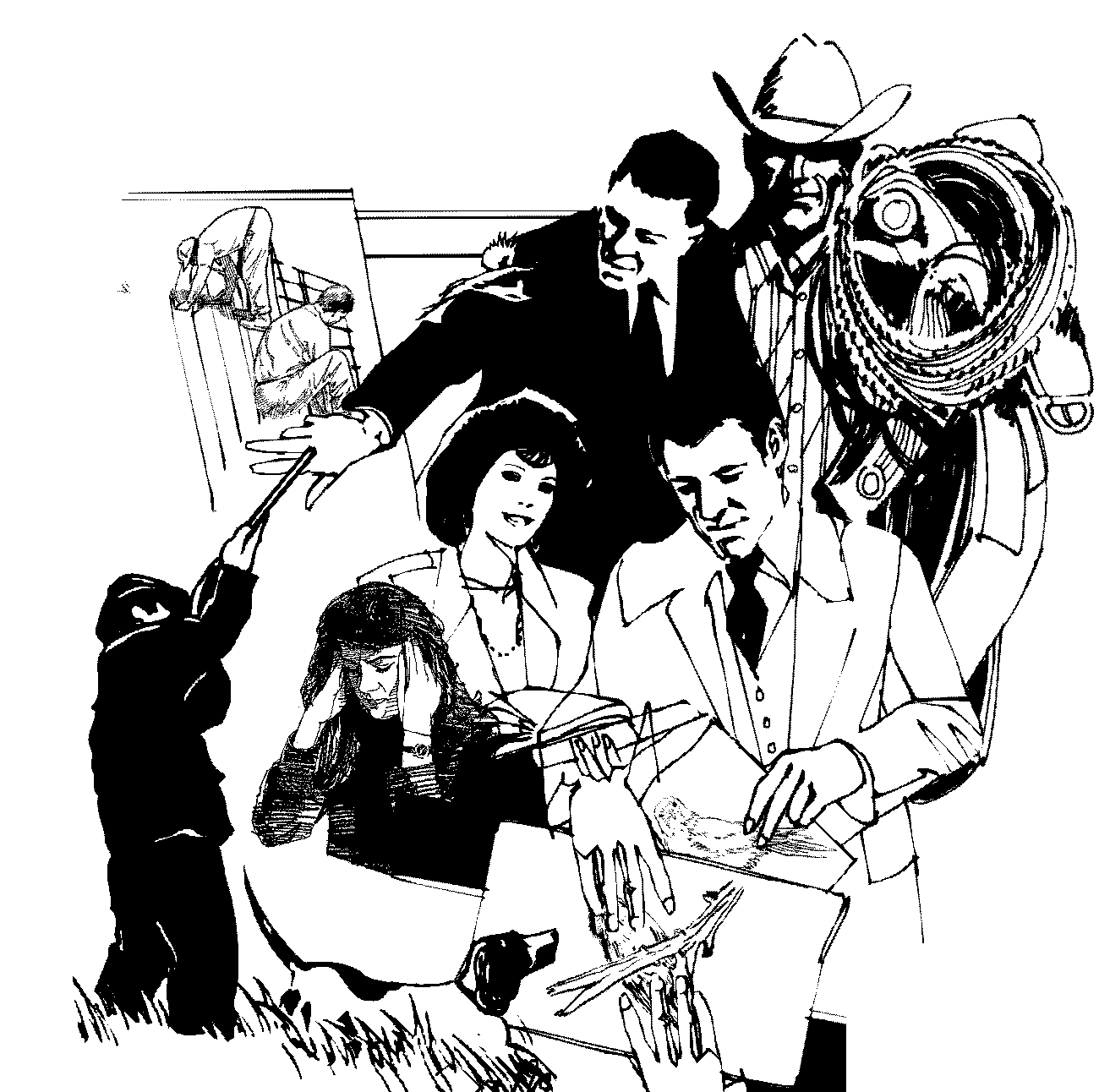
Featured Blog | This community-written post highlights the best of what the game industry has to offer. Read more like it on the Game Developer Blogs or learn how to Submit Your Own Blog Post
How to Have a Good Meeting
Meetings suck, but they don't have to! I designed seven simple rules to make every meeting a good meeting -- they end on time, everybody knows what to do, everybody feels heard and, most importantly, everybody leaves feeling energized rather than drained.

 I’ve been in a lot of bad meetings over my years in the game industry. You can tell a meeting’s bad when it seems unnecessary, runs long, and people leave feeling cynical and exhausted. Meetings like that are the reason people hate meetings.
I’ve been in a lot of bad meetings over my years in the game industry. You can tell a meeting’s bad when it seems unnecessary, runs long, and people leave feeling cynical and exhausted. Meetings like that are the reason people hate meetings.
As a game designer, I began to come up with rules for good meetings, thinking of the meeting itself as a game that can be played well. After all, game design is about imposing structure on boundless play, and structureless meetings are often the ones that go off the rails the quickest.
A successful meeting is well-run and easy to follow, and it ends on time with everybody knowing what to do. Here are my seven rules for well-played meetings:
1. Every meeting needs an owner.
The meeting owner is in charge of keeping the meeting structured and productive, and keeping track of time.
Are you the one calling the meeting? If so, then you're probably the owner.
The energy of the meeting owner will set the tone for everyone else in attendance. Don't be too discordant with the purpose of the meeting (nobody likes bad news being given happily), but do show enthusiasm and excitement whenever you make progress or solve a problem.
2. Keep meetings as small as possible.
Smaller meetings go more smoothly and more quickly than bigger meetings. Someone attending a meeting also means they’re being pulled away from the work they’re doing. The less people in a meeting, the less people being pulled off task.
Only invite the people you need. Let people know if they’re optional. Let people know if they’re not.
3. Set an agenda and a goal for each meeting.
An agenda and goal should be defined prior to the meeting, and reviewed briefly at the start of the meeting.
Everyone should be clear on what the purpose and structure of the meeting is.
If there’s a meeting invite, include the agenda and goal(s) in the invite, and include any documentation you expect people to have reviewed prior to the meeting.
4. One conversation at a time.
A meeting is only effective if it’s a single conversation that everyone is involved in. If side conversations start during a meeting, the meeting owner has the right to ask that they stop.
5. Don’t interrupt your peers.
If someone is speaking, don’t cut them off.
If you accidentally cut someone off, apologize and allow them to continue talking.
Along the same lines, be conscious of how frequently you’re talking in the meeting, and make sure to give space so everyone can be heard. The meeting owner can also work to include everyone’s voice, and not let any one person dominate the time.
6. Don’t let meetings run long.
The meeting owner’s job is to make sure the meeting stays on schedule, and doesn’t run over. When meetings run long, it makes people late for other meetings, and also makes them grumpy. (Don't call a meeting right before lunch and then have it run long. Ever.)
Let people know when there are five or ten minutes left in the meeting, so there’s time to wrap up discussion, confirm the goals were reached, and establish the next steps.
If the meeting satisfies its goals ahead of schedule, celebrate that fact. Short meetings are the best meetings.
7. Confirm conclusions and actionable items before ending the meeting.
At the end of a meeting, the meeting owner should go over what the conclusions were, to ensure everyone is on the same page. Don’t let folks leave before reviewing what happened in the meeting.
If there are any actionable items coming out of the meeting, these should be confirmed as well.
If the goal of the meeting was not reached, one of the actionable items should address that problem, most likely with another meeting.
To ensure future meetings are successful, the meeting owner should also send an email to all attendees afterwards, reviewing the conclusions and actionable items. That email becomes a record of the decisions you made, and next related tasks.
If the meeting was successful, everybody wins.
Originally published on numberless.net.
Read more about:
Featured BlogsAbout the Author(s)
You May Also Like







.jpeg?width=700&auto=webp&quality=80&disable=upscale)








